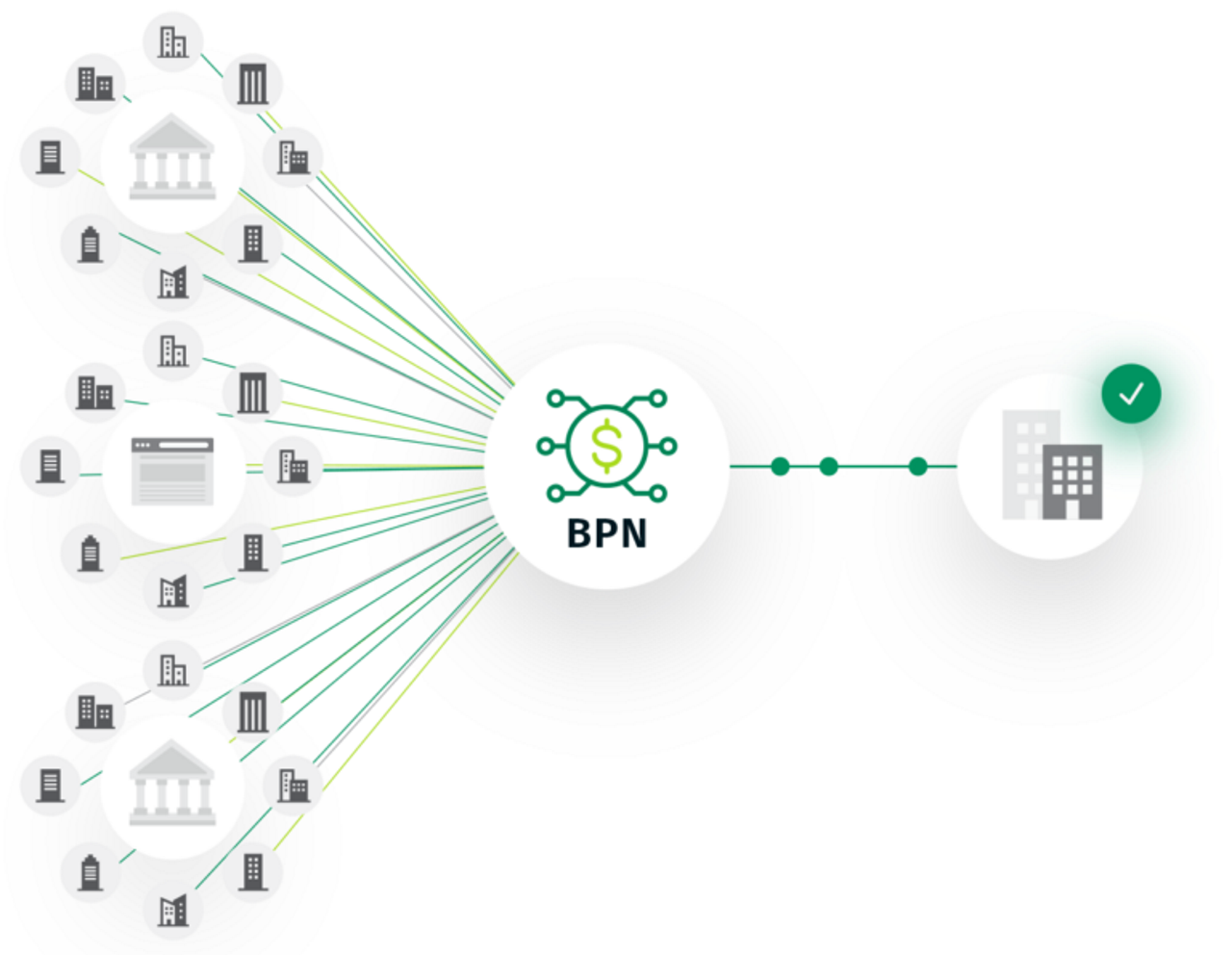The work of medical suppliers is essential, especially now. But the B2B payment challenges that have dogged the industry for years are only getting tougher. There are trends at work in the medical equipment and supplies sector that are forcing these companies to make significant adjustments to how they manage B2B accounts receivable processes.
These challenges, if they’re not addressed, can distract medical suppliers from what’s most important: their lifesaving work.
We’ve studied the activity in this sector within our supplier-driven Business Payments Network (BPN), where suppliers can automate their third-party payments quickly and economically. In doing so, we’ve spotted several trends directly affecting medical suppliers:
1. The growing adoption of AP providers
The inefficiencies of paper check payments are well known. But the major payment challenge to medical suppliers has been the rise of accounts payable (AP) providers. And, the growing set of healthcare providers that have adopted their procure-to-pay suites.
A few years ago, we predicted that as organizations adjust to the needs of a remote workforce, the AP portal will become an even more dominant payment channel. That prediction has come absolutely true.
AP providers aim to enroll suppliers in their unique programs to be able to submit payments. This has resulted in a greater push for card payments, and in some cases incentivizing suppliers with faster payments if cards are accepted.
Many AP providers are also credit card issuers themselves or partner with issuers who make money on interchange fees and incentivize buyers with rebates. As AP providers gain market share with large healthcare providers, suppliers face enormous pressure to accept the use of credit cards for fear of losing their customers.
And, in a field governed by HIPAA regulations, where data security is taken very seriously, suppliers are still receiving card data over the phone, email, or even fax — all of which expose sensitive card numbers to employees.
2. High volumes and high fees
Suppliers are being paid in high volumes with hefty interchange fees that cut into their bottom lines.
BPN has given us a unique window on this situation. One insight we’ve found is that medical payments are 100 times the average ticket size of other verticals, with payments averaging $230,000.
Most of our medical supplier customers were paying high interchange fees before they joined BPN. Their average interchange fee per payment was 2.5%–2.6% — that’s $5,290 per payment in fees.
3. Mergers and acquisitions in the healthcare space
The medical space is well known for constant acquisitions and consolidations. But to maintain long-term relationships, many acquired institutions still do business under their former identities. These complex parent/child relationships, along with buying groups spread across multiple hospitals, lead to a lot of cash application work for medical suppliers.
Single, large payments meant to pay off multiple invoices across multiple entities are often delivered without adequate remittance advice. AR teams then have to understand and unwind these payments as quickly as possible to maintain cash flow and replenish customer credit.
Download the ultimate guide to digital accounts receivable

The solution for medical suppliers?
Because it’s typical in the world of B2B payments to see very large transactions paying off many invoices across multiple business units, even the fastest and cheapest form of payment is still painful without automation. But some fintech providers are successfully driving a shift in the market. How? By creating digital solutions that balance the evolving needs of the entire healthcare payment value chain.
Billtrust’s BPN has been leading the way. BPN connects the procure-to-pay suites of medical buyers with the automated order-to-cash solutions that Billtrust provides for its medical supplier customers. BPN enables suppliers to benefit from the speed of payment that AP digitization provides while keeping the cost of acceptance to a minimum.

This way, suppliers can aggregate and automatically process card payments via email, phone and fax. Billtrust captures rich remittance and reconciles against your open AR invoices. We’ve also partnered with AP providers to deliver touchless, automated third-party payments. So it eliminates employee exposure to sensitive data. And rich remittance significantly reduces processing costs with level 2 and level 3 processing.
The effective rate of the Billtrust portfolio of acquiring customers is 2%, a reduction of interchange fees by nearly a full percentage point.
BPN has seen extraordinary success automating the payments of medical suppliers. For instance, 58% of the payment volume on the network goes to medical suppliers even though they only represent 25% of the suppliers on the platform.
Optimization is now more important than ever
The COVID-19 pandemic and its widespread disruption of both the medical field and the wider economy. This required medical suppliers to work more efficiently than ever before. According to several Billtrust customers, supply sales in certain categories went up more than 1000%.
Other categories have seen depressed sales. But manufacturers have responded by quickly pivoting their operations to support the global medical effort. Overall, nearly half of all medical suppliers using Billtrust’s BPN platform experienced a 30-70% surge in electronic payments volume during the first months of the pandemic.
Medical suppliers, just like other companies, and their customers have been forced to deal with massive supply chain disruptions. At the same time, new regulations have affected the landscape of how medical supplies, especially those related to critical care, are sourced.
The “Great Resignation,” meanwhile, has also hit healthcare. By late 2021, approximately one-third of all clinical employees had quit their jobs for various reasons. Yet during 2020-21, hiring in the medical equipment and supplies sector spiked 9.24% YOY, the biggest gain on record, driven by escalating demand.
All of these factors create more than enough challenges and change management hurdles for medical providers and medical suppliers. So wrestling with antiquated accounts receivable (AR) processes is one headache that should be excised ASAP.
The AR automation imperative
These profound and rapid changes are compelling medical suppliers to modernize AR processes with the best available technologies. AR automation plays a huge role in reducing manual tasks and enabling medical suppliers to focus on more essential initiatives. It also helps ensure employee safety by facilitating the performance of accounts receivable (AR) tasks in a remote environment.
For medical equipment and supplies manufacturers, driving cash flow efficiency with AR automation is more than just a fiscal consideration. Their role in defending against COVID and future healthcare crises is now more critical than ever, so it’s important to protect the financial health of these vital contributors to the global healthcare ecosystem.
Want to learn more about how Billtrust can support you? Reach out now.

